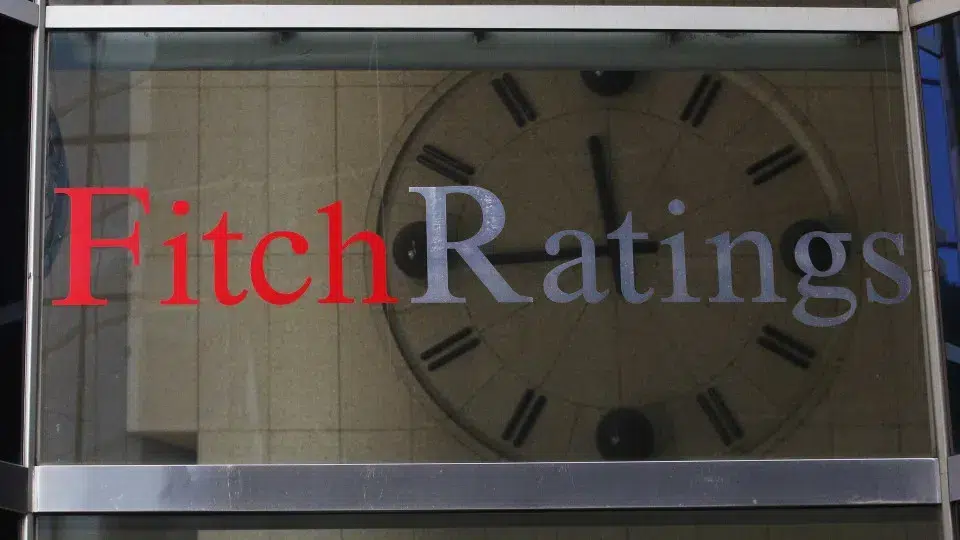
In a review of the credit rating upgrades for Portugal and Spain announced in September, analysts from Fitch highlight that these nations stand out among European countries for improving public finances and demonstrating robust economic growth.
In Spain, the economic performance and improvement in external metrics were the primary factors behind the rating upgrade. For Portugal, the decisive factor was the “prudent fiscal policy” and balanced public finances.
Fitch analyst Utku Bora Geyikci noted that despite holding early elections, over the past three years, different governments have maintained prudent fiscal measures.
The focus of upcoming evaluations of Portuguese sovereign debt will be whether the public debt ratio continues to fall. It is noteworthy that it remains higher than the average, being close to 100%, so continued fiscal discipline is “essential” for this rating.
Regarding political stability, Fitch expects the 2026 State Budget to be approved, with negotiations proceeding more smoothly than last year. It is also noted that elections are not possible until the following year due to the presidential elections, which “also reduces political uncertainty.”
The financial rating agency anticipates a “small budget surplus in 2025 and a moderate deficit in 2026,” attributed to public investment and high utilization of loans from the Recovery and Resilience Plan.
Nevertheless, this outlook is “consistent with debt reduction,” with the expectation that public finances will remain robust and continue to improve.
On September 12, Fitch Ratings upgraded Portugal’s rating from A- to A with a stable outlook, making the same decision for Spain on September 26.




